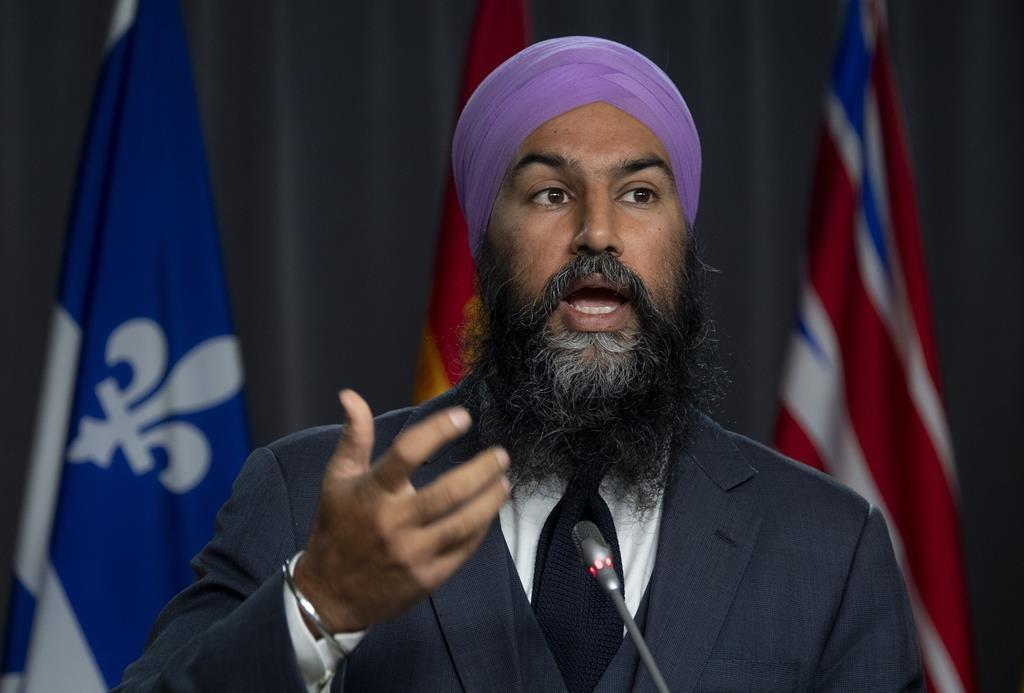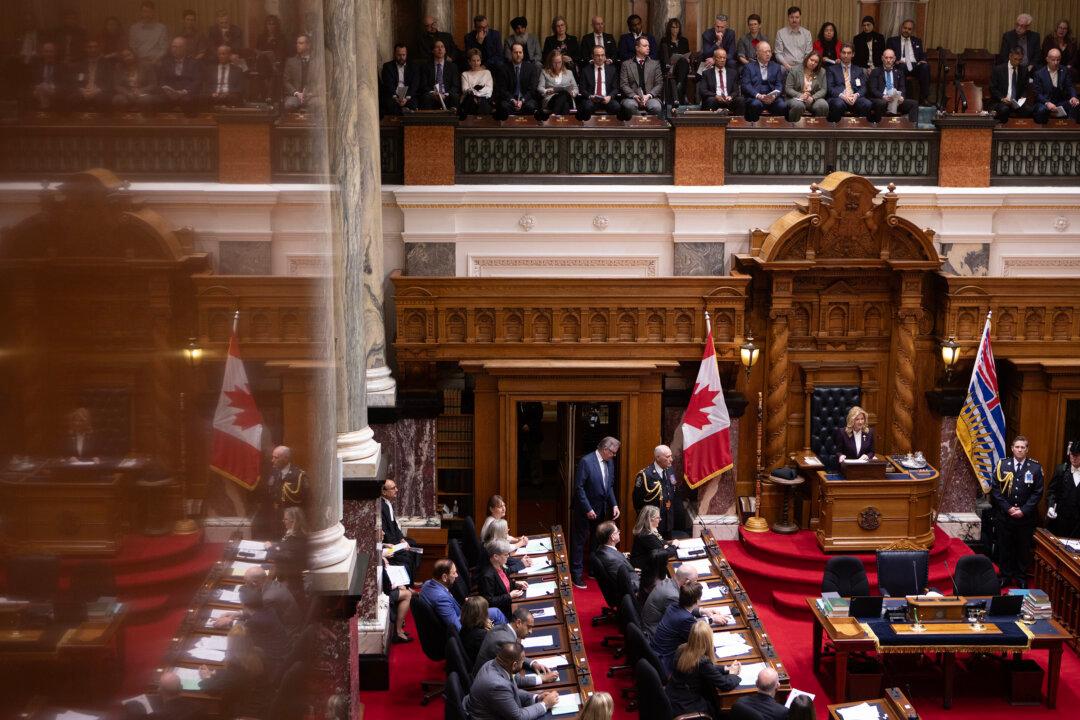OTTAWA—The federal New Democrats on Tuesday were once again grappling with a decision about whether to support the minority Liberal government or potentially force an election upon Canadians struggling with the latest wave of the COVID-19 pandemic.
But NDP Leader Jagmeet Singh refused to see it that way, saying that Prime Minister Justin Trudeau’s decision to make a confidence matter out of the Conservatives’ motion to create a special COVID-19 pandemic investigation committee was a “farce.'’





